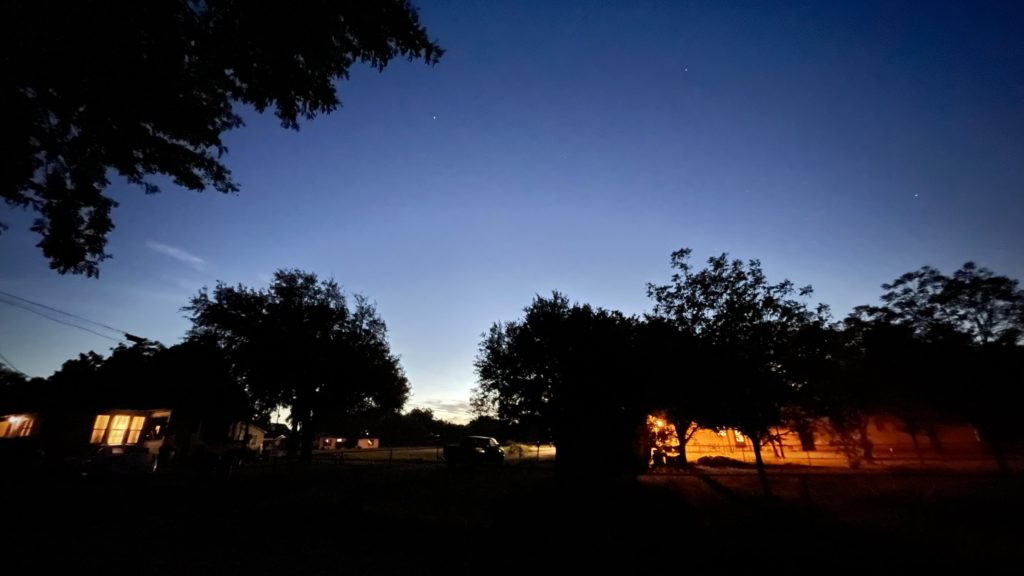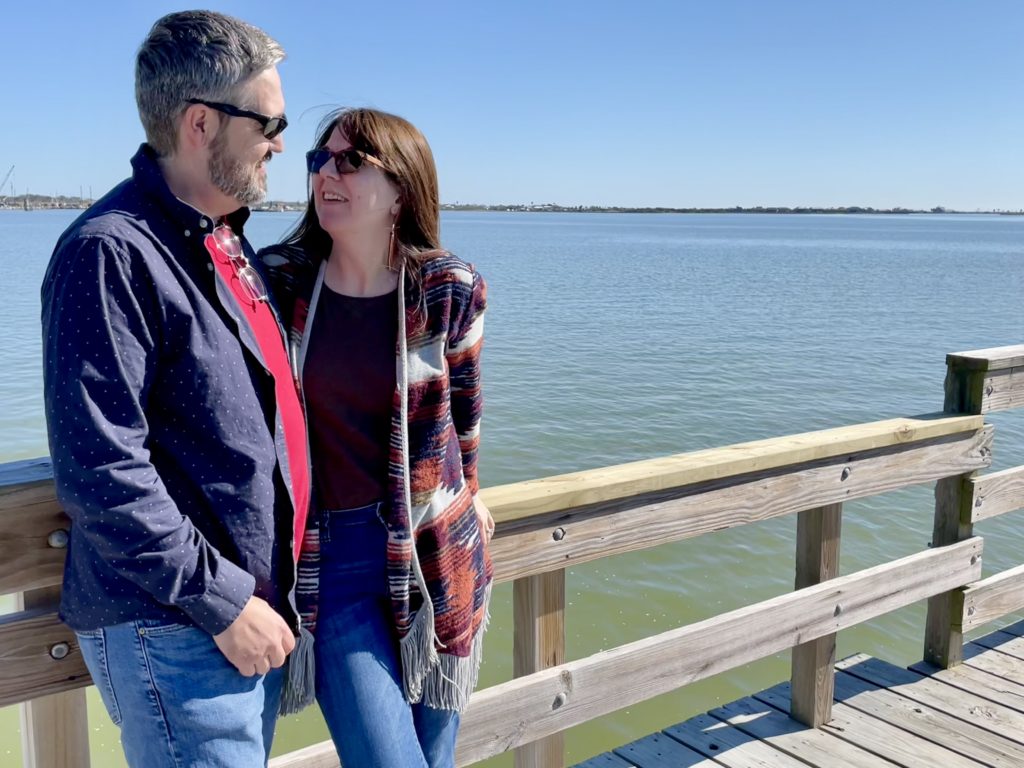"The Lord is my shepherd, I shall not want." (Psalm 23:1 NASB1995)
I’m fixin’ to write a message on Psalm 23:1.
**Before you jump on me for bad grammar, realize that “fixin’ to” is so much more than “about to”. “Fixin’ to” implies a gearing up in the mind, body and soul. It’s an all-encompassing preparation, an intention about to bust through the surface with such force that others can perceive it. When I’m “fixin’ to” write a sermon on Psalm 23, it means I’ve been meditating on the scripture for days or even weeks, letting it soak into my spirit and change my thinking.
All that said, I’m fixin’ to write a message on Psalm 23:1. The phrase I can’t get away from is “I shall not want”. It occurred to me almost a month ago that this sentence is a both a promise and a declaration. Let me expound.
“I shall not want” is a promise. As beloved children of the Lord, we are guaranteed certain benefits. The Lord looks after His own. He’s not just our shepherd, He’s a good shepherd. He tends to His flock with tender loving care. He supplies our needs with great care and compassion. Here are a few scriptures to slip in your pocket for when you are concerned about His provision.
"And my God will meet all your needs according to the riches of His glory in Christ Jesus." (Philippians 4:19 NIV)
“And God is able to bless you abundantly, so that in all things at all times, having all that you need, you will abound in every good work.” (2 Corinthians 9:8 NIV)
"His divine power has given us everything we need for a godly life through our knowledge of Him who called us by His own glory and goodness." (2 Peter 1:3 NIV)
And just because it’s fun to include a little Old Testament in here for good measure:
"I was young and now I am old, yet I have never seen the righteous forsaken or their children begging bread." (Psalm 37:25 NIV)
Our Good Shepherd is not caught off guard by our circumstances. Nothing ever occurred to Him. The players, the problems, the plans and personalities in your story have not caught Him by surprise. As my good friend, Heather, says “Nothing comes into my life that hasn’t come across God’s desk first.” He is a Good Shepherd; we will not want. It’s a promise we can stake our life upon.
“I shall not want” is a declarative statement, as well. It’s in the first person, we are making a commitment to our Good Shepherd. We are announcing our trust but also our personal loyalty to His provision. “I shall not want” essentially means, I shall not covet. I shall not look to the right or left and lust after what others possess. I will trust the portion He has entrusted to me in this season. Even limitations are for my benefit. For some reason, I am reminded of Job.
"I have made a covenant with my eyes not to look lustfully at a young woman." (Job 31:1 NIV)
In Job’s season of subtraction, he recommitted to purity. Though circumstance, and really, an unseen battle between heaven and hell had brought Job low, in his valley, he refused to lust after what did not belong to him.
This statement feels a little out of left field for Job. He was thirty chapters into his season of hardship and all of the sudden he began talking about sexual temptation. We might wonder, what is the harm in a sick and dying man admiring a beautiful young woman? But we must recall, Job’s marriage was on the rocks. Back in chapter 2 his wife urged him to curse God and die already. It’s safe to say Mr. and Mrs. Job were sleeping in separate beds, the boils covering Job’s body had rendered him unclean. Entertaining thoughts of trading in for younger model would have proven highly destructive to the restoration of his union. Job was still holding out hope that they could work things out. Miracles happen: their marital spark was reignited. Job fathered ten more children with no mention of remarriage. We can assume Mrs. Job came back around.
Somehow, Job understood how precarious his soul was in that season. He knew that opening his eyes to beauty that did not belong tom him would poison his heart for what he did possess. So he set a boundary. He made a covenant with his eyes.

“I shall not want” is just such a covenant. This declaration is especially poignant in seasons of subtraction when we are most tempted to play the comparison game. We must remember, comparison is an amusement that ends in self-destruction. It is not the innocent lawn-party we are supposing. Covetousness poisons our soul and erodes our appetite for the things of God; the good stuff that actually satisfies us!
It reminds me of a favorite scene from A Beautiful Mind. It is a film about mathematician and Nobel Laureate, John Forbes Nash. Nash spent decades battling a life-controlling problem. Toward the end of the movie, Nash learned to tame his demons. When asked about it, he very plainly states:
“Like a diet of the mind, I choose not to indulge in certain appetites.”
Nash had concluded that specific thoughts led him to self-destructive places. After camping out in those locations a few times too many, he put up road blocks on all known paths. He learned to avert his mind.
“I shall not want” is a similar road block. We erect a barricade when we finally understand that looking is the first step toward lusting. So we decide and declare: I shall not want.
Consider what else we’re proclaiming? “I shall not want” implies: I have enough. I am satisfied. I will be content. “I shall not want” might be our most powerful protection against covetousness and the perilous path of self-reliance it represents. “I shall not want” plainly states our utter dependance on a good and gracious God.

"The Lord is my shepherd, I shall not want." (Psalm 23:1 NASB1995)
Lord, today we recognize You as our Provider. Help us adopt this statement as our own – “I shall not want.” May we speak it as a promise from heaven but also a personal declaration. We realize anew that all we require is availed in You. Keep us in agreement, fixing our eyes to the path You’ve put before us, refusing to lust after what we do not possess. We trust Your good care for us. Amen.